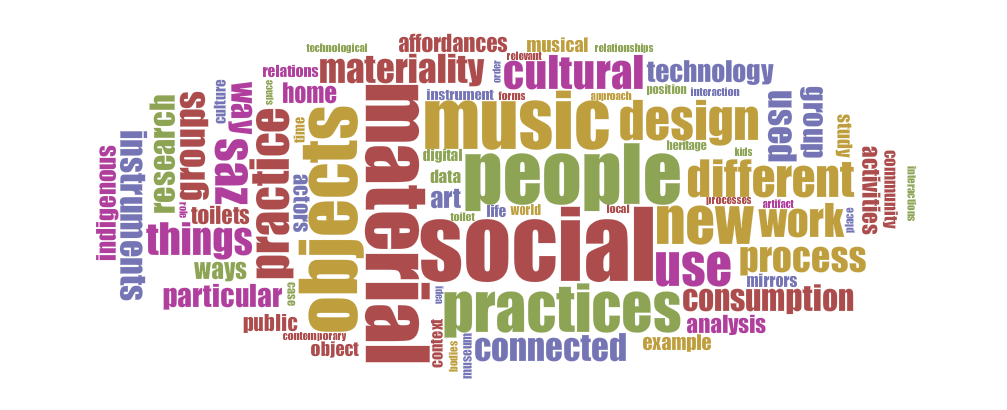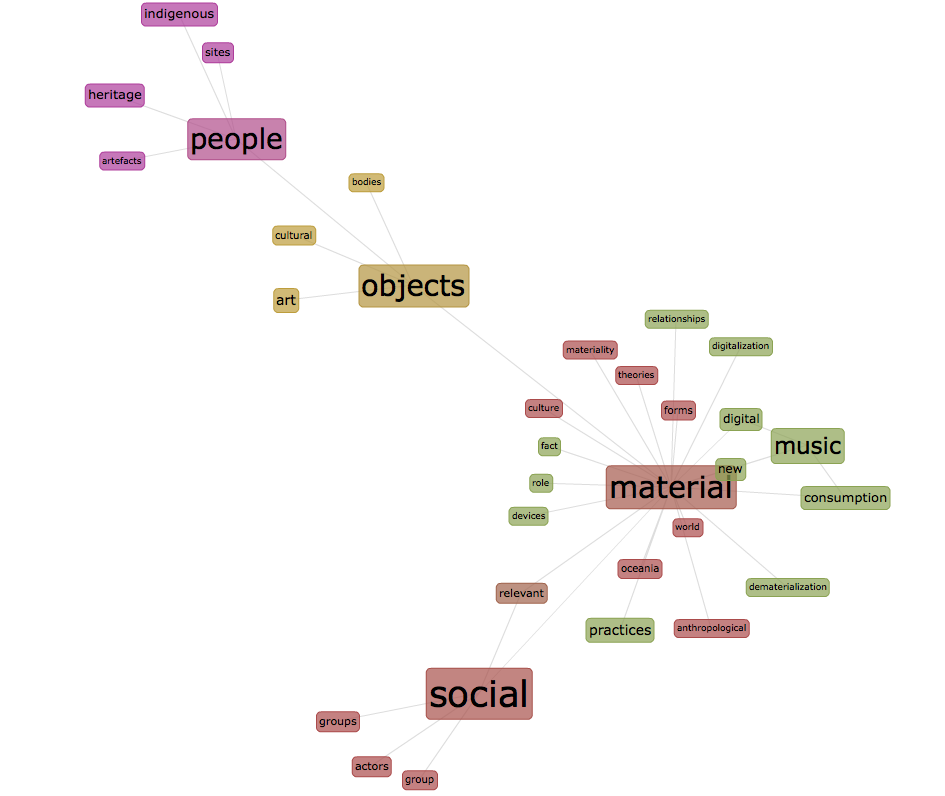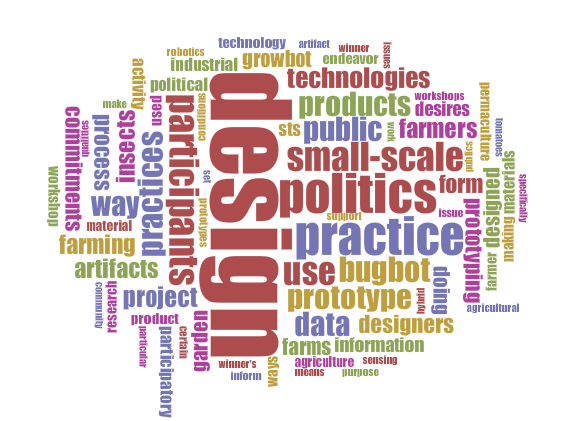SOCI221/2AA – Sociology of Cyberspace
Meeting 1: September 8, 2014
Today
- Getting acquainted
- Knowing what to expect
- Exercises
- Prepare for next week
Getting to Know One Another
Building Connections
Classroom activities: you have/had to be there…
Discussion
What can sociology provide in the study of Internet?
Exercise
Online History
- Go back to your early online history
- What has changed?
- Post something short
Call Me Alex
Alex’s Info
- Alex@Ethnographer.ca
- http://Enkerli.com
- Office H–1125–28
- Office Hours: Tuesdays 1:00–2:30p
Alex’s “Cyberspace” Biography
- Twenty Years Online
- Pre–1993: Dabbling
- Since 1993: Intense
- Social media involvement
- Geek ethnographer
- Social Web course
- Community manager
Alex’s Teaching
- Diversified teaching
- Constructivism
- Applied work: participatory action research
- Emphasis on appropriation
Active Learning
Gym Analogy
- Own project
- Effort, practice, and improvement
- Personal trainer, not coach, drill sergeant, or employer
- Ask questions
Peer Learning
- Mutual help
- Culture of sharing (“gift economy”)
- Diigo
- Interactions
- Peer assessment
- Forums
Teaching as Community Management
- Building learning environment together
- Community?
- Enabling action
- Learning network
This Course
Sociology of Cyberspace
What Do We Mean by “Cyberspace”?
Social dimensions
- Geek Culture
- Digital divide
- Inequality
- Class
- Gender
- Race
- Democracy
- “Digital Natives”
- Education
- Digital literacy
- Diversity
- Digital ethnography
- Posthumanism
- Appropriation
- Communities
- Social identity
This Semester
- Somewhat hands-on
- Exercises
- No need for technical skills
- Critical thinking
Coursepack
- All texts available online
- Diverse
- Deep sociology
- Average of two texts per week
- Study smart: skim then focus
- Texts as toolbox
- Find something to share, to discuss
Course Policies
- Contributions
- Regular attendance expected
- Online submissions before class
- Late penalty
- No extra credit
Contributions
- What do you bring to the course, apart from what’s expected?
- Active
- Not necessarily “vocal”
- Not necessarily in-class
- Partly self-assessed (October 13)
Reflection Posts
- Sociological insight
- Active reading: toolbox, conversation starters
- Making links
- Outside sources (including videos, tweets, pictures…)
- Aggregate grade (on 20) by Alex, at the end
- Ok if miss one
Qualitative peer-assessment
- Excellent: ~90%
- Very Good: ~80%
- Good: ~70%
- Average: ~60%
- Not Good Enough: ~50%
- Disappointing: ~40%
Activities/Exercises
- Some start in class
- More hands-on, informal
- Also qualitative peer-assessment
- Aggregate grade (on 10) by Alex, at the end
- Ok if miss one
Exams
- Essay-type questions, but shorter
- Compare and contrast, support argument…
- In-class midterm (October 20)
- University-scheduled final
Coming Up
Context Is Key
Required Texts
- Vannevar Bush (1945)
- Leiner et al. (1997–2012)
Vannevar Bush
Pre-Internet
- From destruction to knowledge
- Technology and the mind
- Prospective
- Memex
- Partial inspiration for the Internet
Leiner et al.
Historical Background
- Time depth
- Technological details
- Plumbing analogy
- Skip sections
- Focus on sections 6 (The Role of Documentation) through 9 (History of the Future)
- Explicit issues: key people, communication between humans, defense, fits and starts, adoption patterns…
Between the lines:
- Where did it happen?
- Who made decisions?
- Society shapes technology or technology causes social change?


